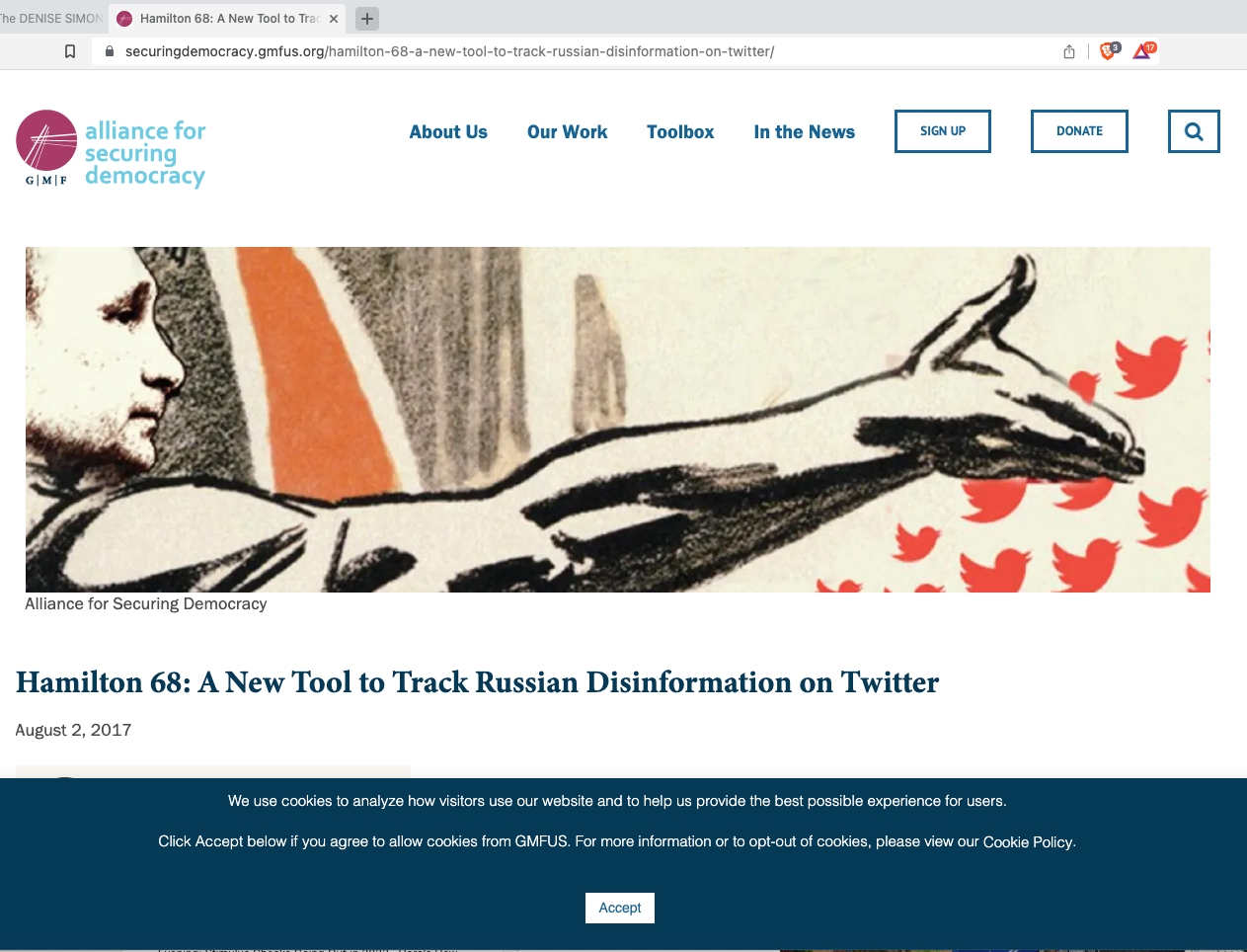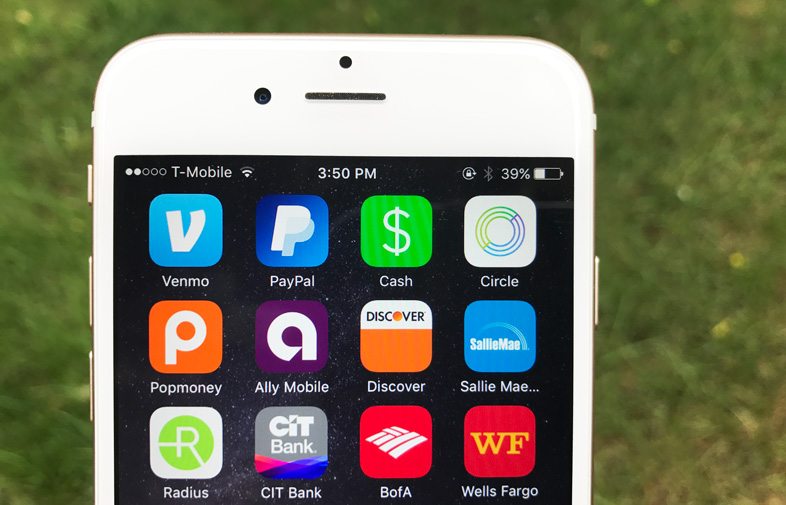Let us begin in Maine and the pot farms. Criminal networks with suitcases full of cash are buying up land of various sizes in Maine and elsewhere. In fact in Maine there are an estimated 270 farms and they are using exceptional electric power and water for the growing of the crops. A recent raid in Maine of just 34 properties included DEA, FBI and Homeland Security so no one can claim ignorance.
How many are here that will soon be illegally exporting sensitive machinery or technology? Well just last month out of the San Francisco FBI field office, an investigation led to the arrest of two Chinese nationals conspiring to illegally export U.S. technology semi-conductors back to China. Are there more doing the same? According to FBI Director Christopher Wray…yes, including now former employees of Google for stealing AI secrets.
Remember those clandestine Chinese police stations around the country?
Now here is a case that did not get any press.
A San Gabriel Valley woman has admitted to defrauding the U.S. Postal Service of more than $150 million.
Lijuan “Angela” Chen, 51, of Walnut, carried out the scheme by using counterfeit postage to ship tens of millions of packages, according to the U.S. Attorney’s Office.
From November 2019 to May 2023, Chen and her accomplice, Chuanhua “Hugh” Hu, 51, owned and operated a package shipping business in the City of Industry.
The company provided shipping services for China-based logistics businesses.
To save money, Hu created fake postage stamps to ship packages by printing duplicate and counterfeit Netstamps, which are stamps purchased online from third-party vendors and printed onto adhesive paper.
In November 2019, authorities became aware of the counterfeit operation and Hu fled the country and moved to China where he continued making counterfeit postage, officials said.
Chen remained in the U.S. to oversee the warehouses that she and Hu were using to ship their packages during the scheme.
In 2020, the pair began using the counterfeit labels to send mail through the United States Postal Service.
They would receive parcels from vendors and apply fake shipping labels before arranging for the items to be transferred to USPS facilities.
“The shipping labels were fraudulent and frequently included, among other red flags, ‘intelligent barcode data’ recycled from previously mailed packages,” according to court documents. “Intelligent barcode data is used in some postage shipping labels to evidence the payment of required postage for the shipped item.”
From January 2020 to May 2023, Chen and Hu mailed over 34 million packages with counterfeit postage and shipping labels, officials said.
This scheme caused more than $150 million in losses to the USPS.
Chen pleaded guilty to one count of conspiracy to defraud the United States and one count of the use of counterfeit postage. She has been in federal custody since her arrest in May 2023.
As part of her plea agreement, Chen also agreed to forfeit funds that authorities seized from her bank accounts, insurance policies, and real estate in several cities including Walnut, Chino, Chino Hills, South El Monte, Diamond Bar, and West Covina.
Hu remains a fugitive believed to be residing in China. He was charged with one count of conspiracy to defraud the U.S., three counts of passing and possessing counterfeit obligations of the U.S., and one count of forging and counterfeiting postage stamps.
A sentencing hearing for Chen is scheduled for Aug. 2. If convicted, she could face up to five years in federal prison for each count.
This case was investigated by the U.S. Postal Inspection Service and IRS Criminal Investigation teams.
***
Those coming across are now part of a propaganda army using Tik Tok and other forms of social media. It was only a few days ago that former National Security Advisor to President Trump, Robert O’Brien was in Houston at Rice University for an event. He was met with the chanting of protestors numbering more than 100. When he looked closely, he said at least half of the protestors were Chinese.
***
Yet another under-reported scandal in birthing hotels. Many are located in California. Reported by the LA Times this past January, in part:
A new documentary streaming on PBS, called “How to Have an American Baby,” wrestles with that question. Filmmaker Leslie Tai embedded with a group of Chinese mothers for more than a decade as they navigated the underground industry, including one family staying at the Rowland Heights townhome complex targeted in the raid.
Tai began her film in 2013, when birth tourism was such an open secret in Southern California‘s suburbs that residents began to complain. Local officials could not work out whether enforcing federal immigration policy should be their job. Los Angeles County officials formed a birth tourism task force in 2015, but after complaints about the practice fell off in 2018, the task force ended, said Alex Garcia, who had helped lead the operation.
Even when the task force was operating, its primary purpose was to prevent improper uses of buildings and property, Garcia told me. But what troubled residents was the idea that foreigners were scamming their way into American citizenship. For months after the raid, I would get voicemails and emails leaving information on the movements of pregnant Asian women, with no guarantee that they were actually Chinese or violating immigration law.
 (informational/education use source photo)
(informational/education use source photo)
Tai’s film tackles this question by insisting on the humanity of the women involved. Her dogged camera work follows mothers into delivery rooms, doctors’ offices and into the hotels themselves. There’s little narration except the women’s interviews, but the point is clear anyway: Few, if any of these women are getting the American dream. Most women in modern China still struggle to exercise basic financial and personal independence. Gender discrimination is illegal on paper, but Chinese laws governing divorce, inheritance and childbirth always favor men.
The birth tourism industry is depicted as a world in which everyone seems to be scamming one another. In China, Tai captures salesmen marketing birth tourism packages arguing about whether to tell customers about price hikes and cost cutting. A maternity hotel operator instructs expectant mothers on what to say at the hospital to get the most time in the hospital bed. A mother who gives birth in America decides to stay and start her own birth hotel, lured by the rumors of easy money.
Even the drivers hired to ferry the women around discuss how to avoid being taken advantage of by the clients with more powerful, wealthy connections.
This is a condition going back to at least 2015, where these women are paid up to $80,000 each to give birth.
***
It is limitless on exactly the nefarious duties assigned to these illegal Chinese operatives….






